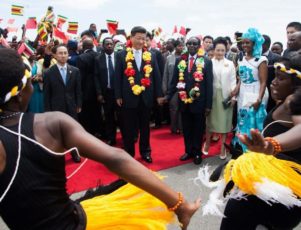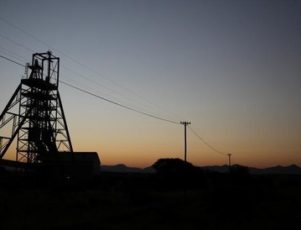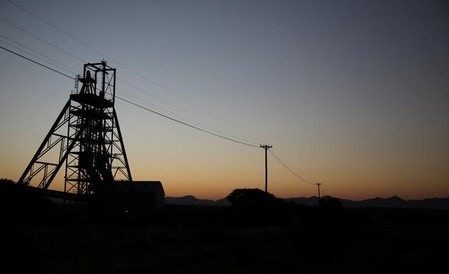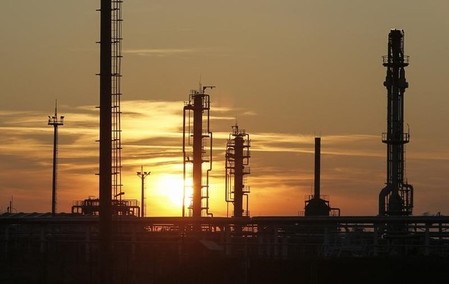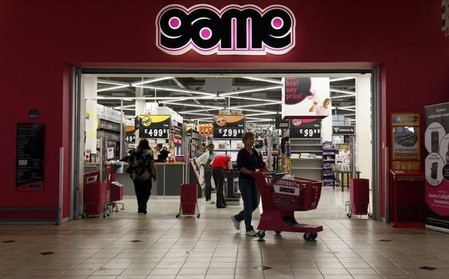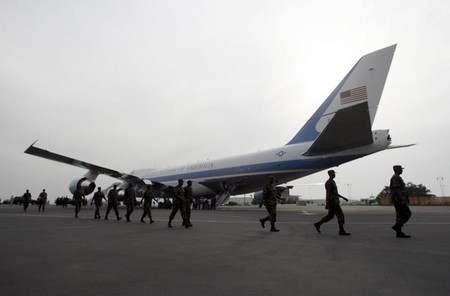In late June of this year, the United Kingdom shocked the world when it voted Leave to the referendum on the European Union. The effects of the vote were immediate: the British pound plummeted 11%, reaching its lowest point against the American dollar since 1985 and the booming commercial real estate sector in London hit a wall. One-third of on-going deals either collapsed or had to be re-negotiated as realtors and buyers dealt with the news of the “Brexit.”
The Gulf Steps In
Some overseas investors, however, were not quite so shakened: buyers from the Middle East, particularly from the Gulf region, identified an opportunity. With the drop in value of the Pound, wealthy Saudis moved in to purchase Londonian properties that were out of their budget weeks ago.
One notable example was the $1.3 billion bid put forward by a group of Saudi and UK investors for the London Grosvenor House hotel as well as a share in the Plaza and Dream Downtown hotels, both being located in New York. Prior to the vote, institutions based in EU countries were the largest consumers of British property but, following the Brexit vote, a “window of opportunity” opened for “more agile private investors and corporates seeking to make the most of currency shifts.”
Jassim Alseddiqi, chief executive of Abu Dhabi Financial Group, said his company is looking to acquire other London properties while potential rivals are hesitant to wade into the post-Brexit market. Abu Dhabi Financial Group (ADFG) has already an impressive portfolio of about $2.6 billion in capital developments in London. ADFG includes investors from Abu Dhabi’s elite, including the royal family. The company plans to bid on Hyde Park Barracks in the upscale London neighborhood of Knightsbridge. The properties are currently owned by the British Minister of Defense, who is looking to sell.
According to Mr. Alseddiqi, investment requests from Gulf buyers have increased by about 25% since the referendum. What makes this all more interesting is that most of Mr. Alseddiqi’s clients had shown no interest in capitalising in real-estate investment prior to the vote.
Those Closer to Home Step Back
While opportunities for investment are increasing, European institutions are retreating from the market. Germany’s Union Investment pulled out of a long-negotiated potential settlement to purchase a $610 million office building to the City of London in the immediate aftermath of the referendum.
James Beckham, head of central London investment firm, Cushman & Wakefield, is confident in that this trend is temporary : “institutional investors have become more cautious. For them it’s a ‘wait and see’ approach over the summer. They will come back in September and see what the temperature is like.” One can only hope that the property investment climate is warmer than the infamously grey British summers. Middle Eastern investors are not the only ones capitalizing on the delightfully low value of sterling: Chinese investors, particularly those from Hong Kong, are also seizing the opportunity to purchase properties in some of London’s most elite neighborhoods. The reason behind this is, according to those in the know, that for those who have been in the property game for a long time the chance to buy a building at a 10% discount is simply too good to pass up. It will be interesting to watch what happens to London as the population demographics of property owners change in the city’s commercial and high-end neighborhoods.





